How does the BBC still have a gender pay gap?
Gender parity has improved, but not quickly enough for some of its stars
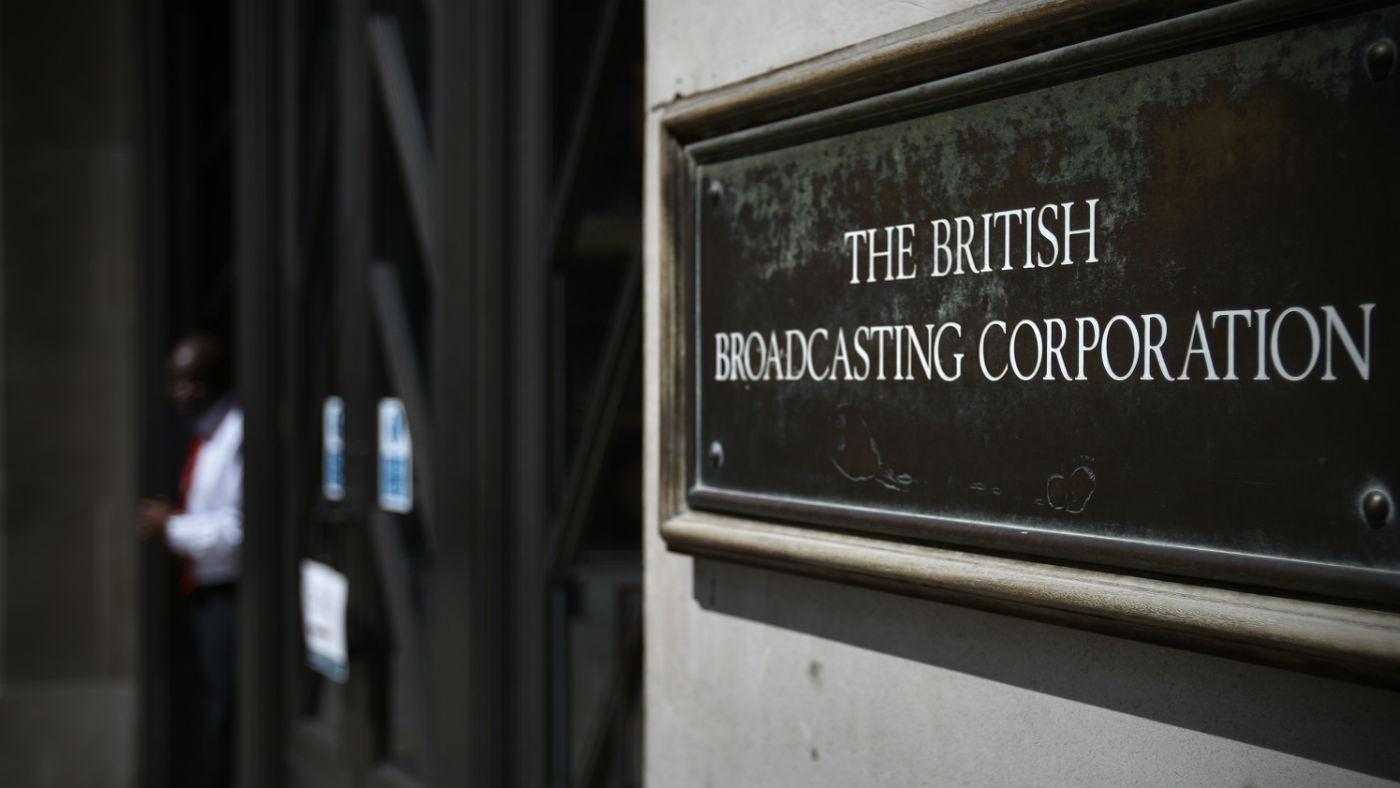
A free daily email with the biggest news stories of the day – and the best features from TheWeek.com
You are now subscribed
Your newsletter sign-up was successful
The BBC is facing renewed accusations it has not done enough to tackle its gender pay gap, after it was revealed that just two of its 20 highest paid stars were women.
The BBC’s annual report into staff pay levels found the number of women paid more than £200,000 had increased from seven to 14 in the year to 31 March, while the number of men paid more than £500,000 had fallen from five to three.
Nevertheless, the top 12 earners on the BBC list are still men, with Gary Lineker topping the list.
The Week
Escape your echo chamber. Get the facts behind the news, plus analysis from multiple perspectives.

Sign up for The Week's Free Newsletters
From our morning news briefing to a weekly Good News Newsletter, get the best of The Week delivered directly to your inbox.
From our morning news briefing to a weekly Good News Newsletter, get the best of The Week delivered directly to your inbox.
This is the second year that the BBC has published the salaries of its best-paid presenters. Last year’s list “sparked an outcry about gender and ethnic inequality because the top of the list was dominated by white men and because some men were shown to have been paid more than female co-hosts” says the BBC.
In response some “big-name name stars have agreed to significant pay cuts and the corporation looks to bridge the chasm in pay with female presenters”, reports The Guardian.
Director General Tony Hall has pledged to even out the gender split on the list to 50/50 by 2020, but said “these things take time”.
Woman’s Hour presenter Jane Garvey, one of the eight women to join the list, told Radio 4’s PM programme the pace of change was “absolutely glacial”.
A free daily email with the biggest news stories of the day – and the best features from TheWeek.com
“There needs to be a proper conversation about why in 2018 we are still fighting the same old battle on equal pay and why the work of women just isn’t valued in the same way as the work of men,” she said.
There is also criticism that those who earned money from shows produced by BBC studios, which has become a commercial entity and is therefore exempt from the government requirement to publish pay details, were absent from the list.
The Daily Telegraph says the change allows the BBC to hide the salaries it pays to actors and presenters including the cast of EastEnders and Casualty, and those who work on Countryfile, Antiques Roadshow and Strictly Come Dancing.
Last week the corporation revealed that its overall median gender pay gap had been reduced from 9.3% to 7.6%, well below the national average.
-
 Switzerland could vote to cap its population
Switzerland could vote to cap its populationUnder the Radar Swiss People’s Party proposes referendum on radical anti-immigration measure to limit residents to 10 million
-
 Political cartoons for February 15
Political cartoons for February 15Cartoons Sunday's political cartoons include political ventriloquism, Europe in the middle, and more
-
 The broken water companies failing England and Wales
The broken water companies failing England and WalesExplainer With rising bills, deteriorating river health and a lack of investment, regulators face an uphill battle to stabilise the industry
-
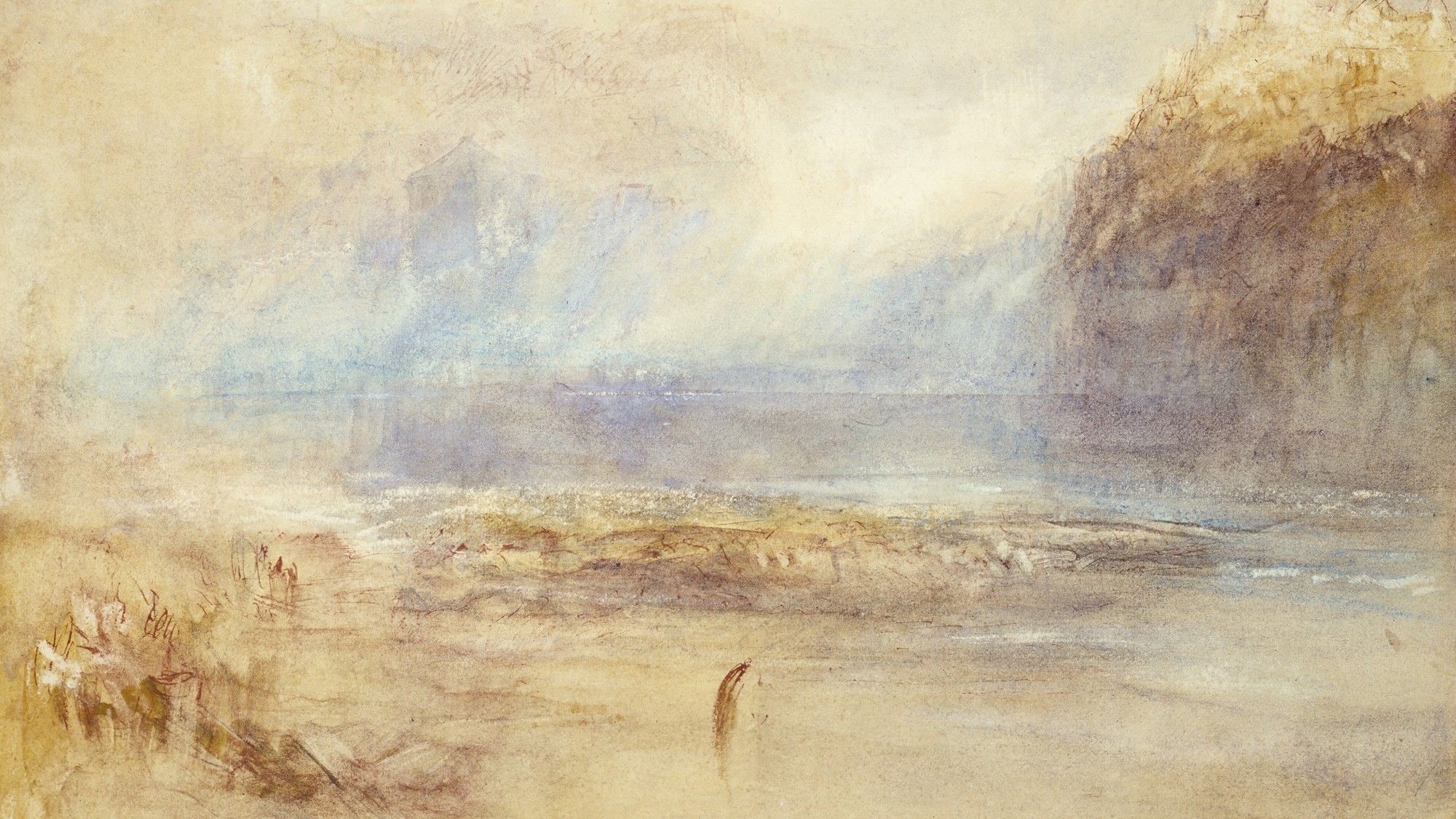 Turner: The Secret Sketchbooks – a fascinating portrait of the great painter
Turner: The Secret Sketchbooks – a fascinating portrait of the great painterThe Week Recommends BBC2 documentary examines the rarely seen sketchbooks of the enigmatic artist
-
 Dianarama examines the ‘extraordinary scale’ of Martin Bashir’s lies
Dianarama examines the ‘extraordinary scale’ of Martin Bashir’s liesThe Week Recommends Andy Webb’s book is packed with ‘astonishing’ allegations surrounding Princess Diana’s 1995 Panorama interview
-
 Eurovision faces its Waterloo over Israel boycotts
Eurovision faces its Waterloo over Israel boycottsTalking Point Five major broadcasters have threatened to pull out of next year’s contest over Israel’s participation
-
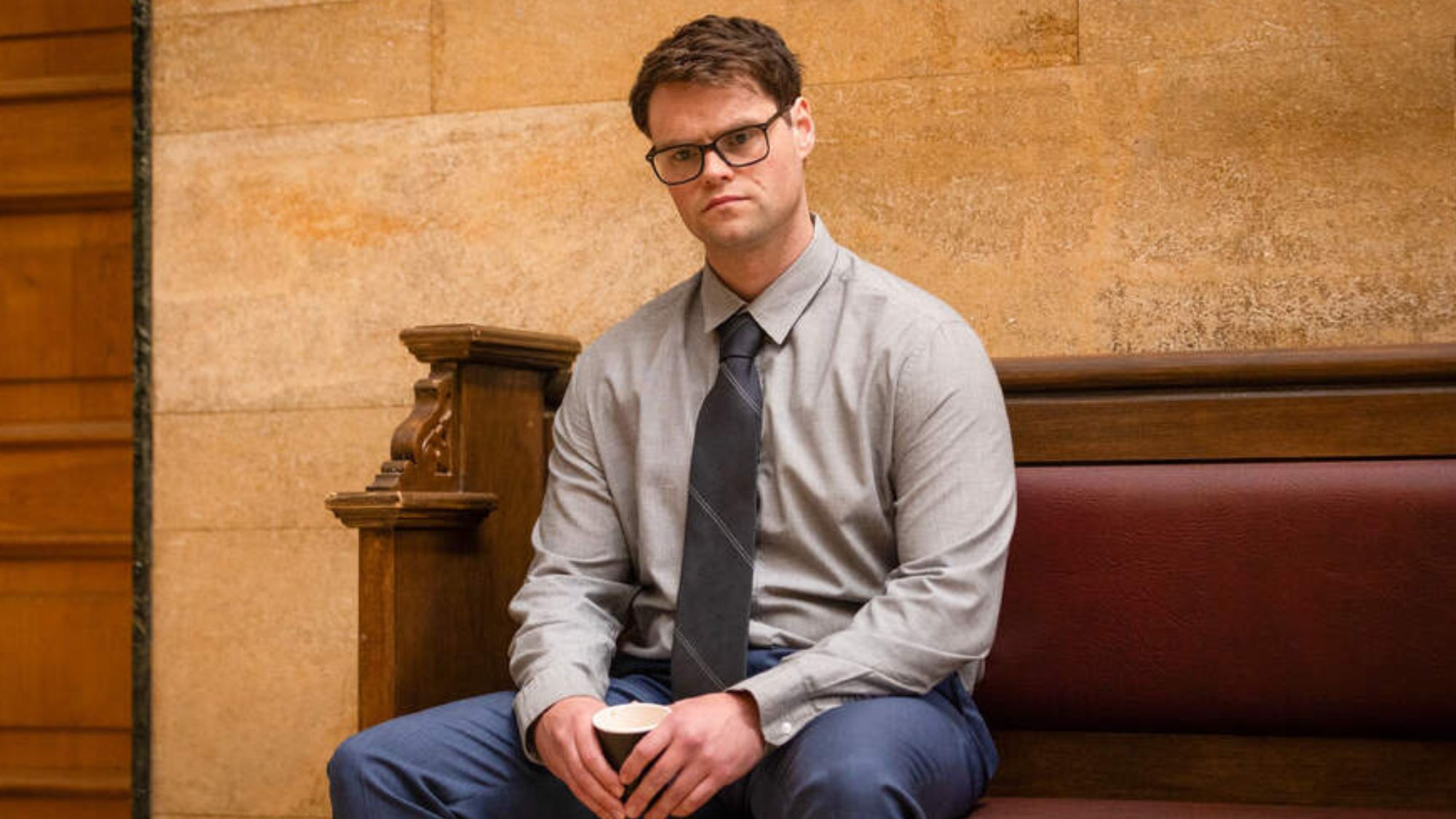 Unforgivable: harrowing drama about abuse and rehabilitation
Unforgivable: harrowing drama about abuse and rehabilitationThe Week Recommends 'Catastrophic impact' of abuse is explored in 'thought-provoking' series
-
 How to go on your own Race Across the World
How to go on your own Race Across the WorldThe Week Recommends The BBC hit show is inspiring fans to choose low-budget adventures
-
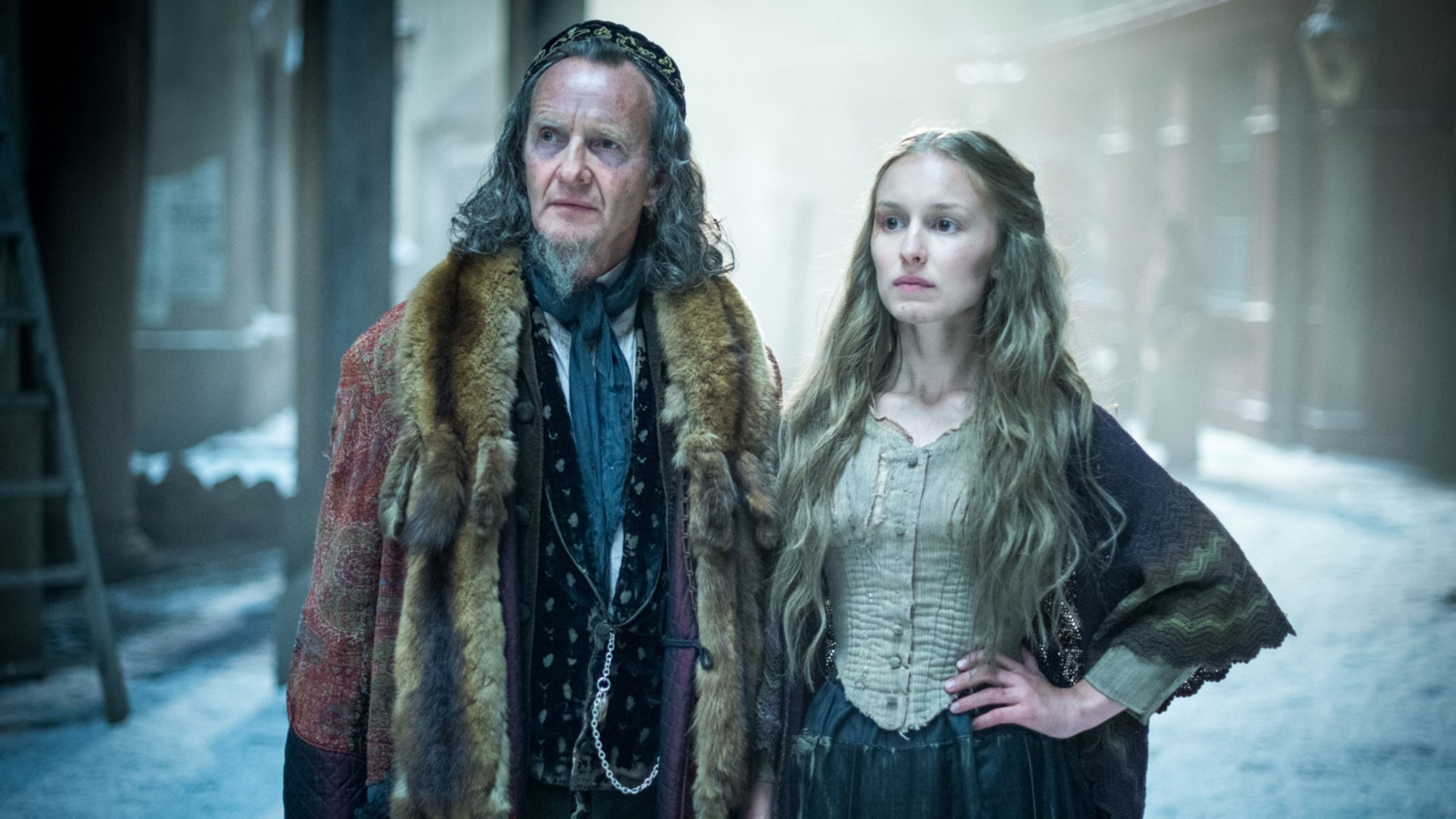 The top period dramas to stream now
The top period dramas to stream nowThe Week Recommends Heaving bosoms and billowing shirts are standard fare in these historical TV classics
-
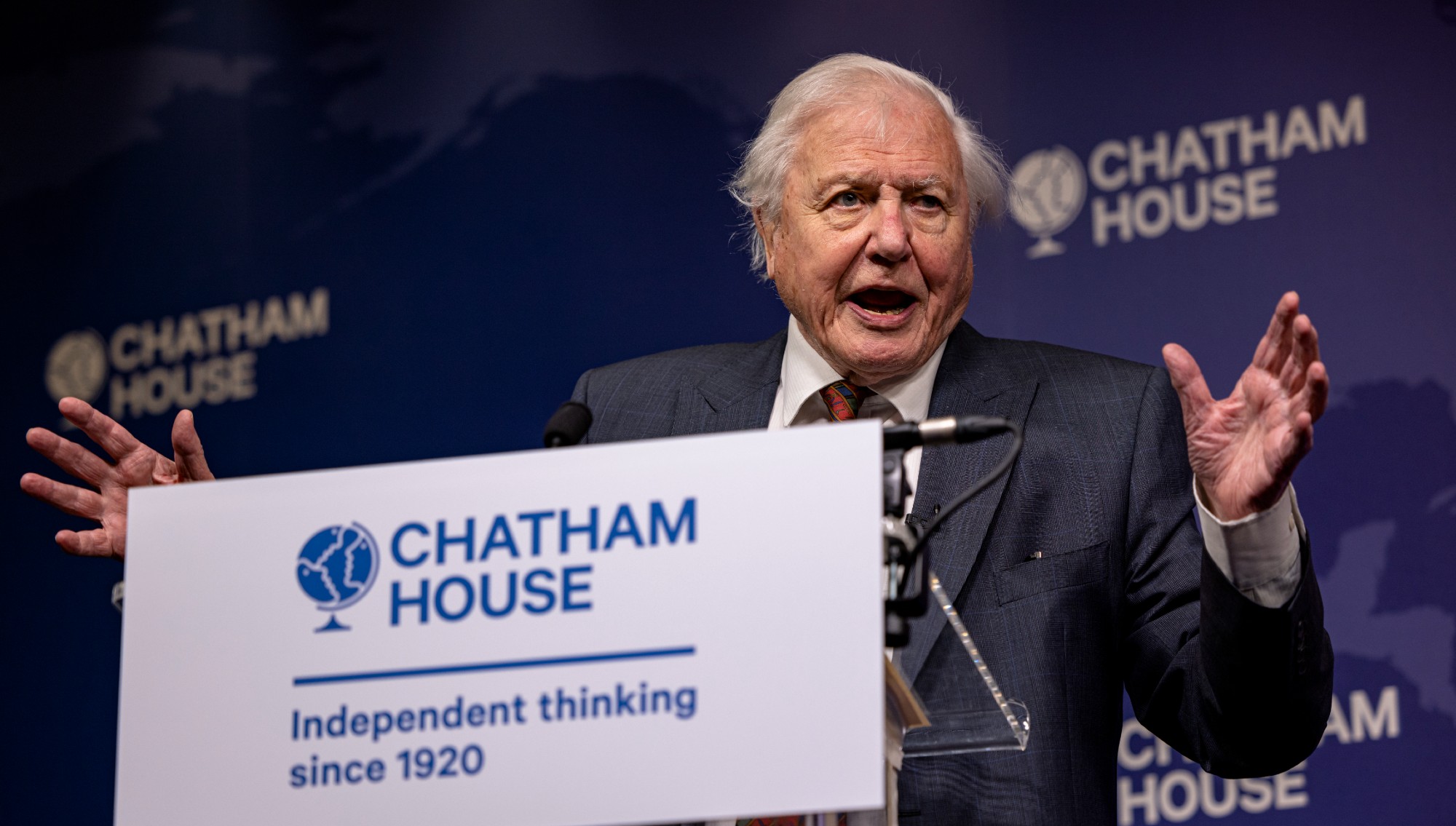 David Attenborough at 99: a 'radical' voice for climate action
David Attenborough at 99: a 'radical' voice for climate actionIn The Spotlight In his new film 'Ocean', TV's best-known naturalist delivers his strongest message yet
-
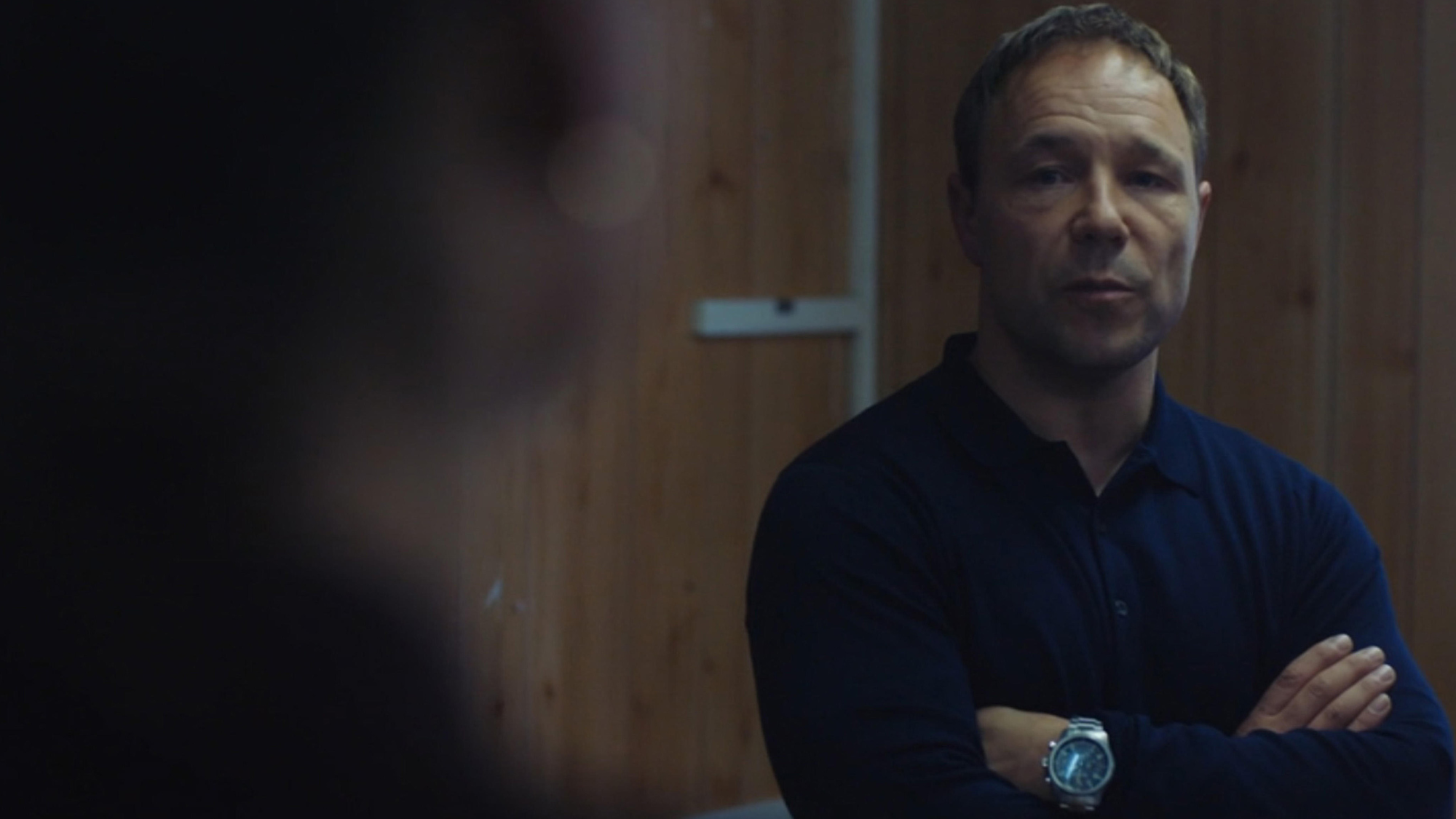 Stephen Graham's best TV and film roles
Stephen Graham's best TV and film rolesThe Week Recommends From Line of Duty to Adolescence, these are the prolific actor's must-watch projects